Studies implicate gut bacteria in autism
Researchers are exploring the possibility that gastrointestinal bacteria may influence brain development and play a role in autism.
Diagnosing autism is an evolving science but a crucial first step to understanding the disorder.
Researchers are exploring the possibility that gastrointestinal bacteria may influence brain development and play a role in autism.
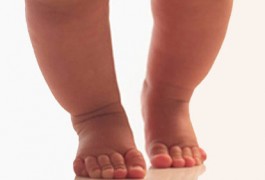
Children who walk on their toes are more likely to have autism than other forms of developmental delay, according to a study published in January in The Journal of Child Neurology.

The new edition of the Diagnostic and Statistical Manual of Mental Disorders (DSM) won’t be published for another two years, but changes proposed to the diagnostic criteria for autism are already sparking heated debate.
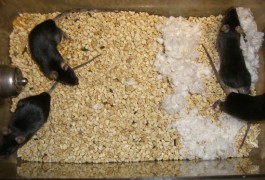
Six strains of mice lacking a gene associated with fragile X syndrome show radically different behaviors though they share the same mutation, researchers reported in January in Autism Research.
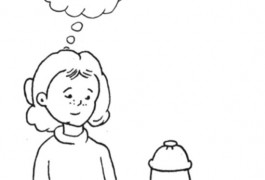
High-functioning adults with autism pass false belief tests with ease, but struggle with moral judgment in real-life situations.

Children with autism who communicate well are just as likely to suffer from tantrums and other aggressive behaviors as those who have more trouble expressing themselves.

Two new studies of families carrying glitches on a region of chromosome 16, which has been strongly associated with autism, reveal the wide range of effects caused by the variant and narrow the list of possible culprit genes.

Teenagers with autism can reliably measure their own quality of life and are more satisfied with it than are their parents, who over-emphasize their children’s social and emotional difficulties, according to a study published in February in The Journal of Developmental and Behavioral Pediatrics.
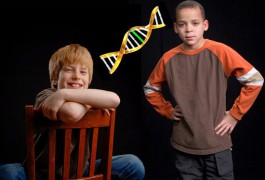
A genome-wide association study has identified risk factors for Asperger syndrome, some of which overlap with chromosomal regions implicated in autism, according to a study in the December issue of Autism Research.
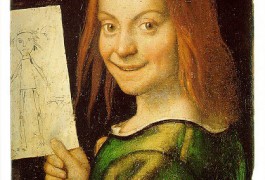
One of the first large-scale, ongoing studies documenting the symptoms of Angelman syndrome — a neurological disorder with features similar to autism — is calling into question some of the so-called characteristic symptoms of the syndrome.